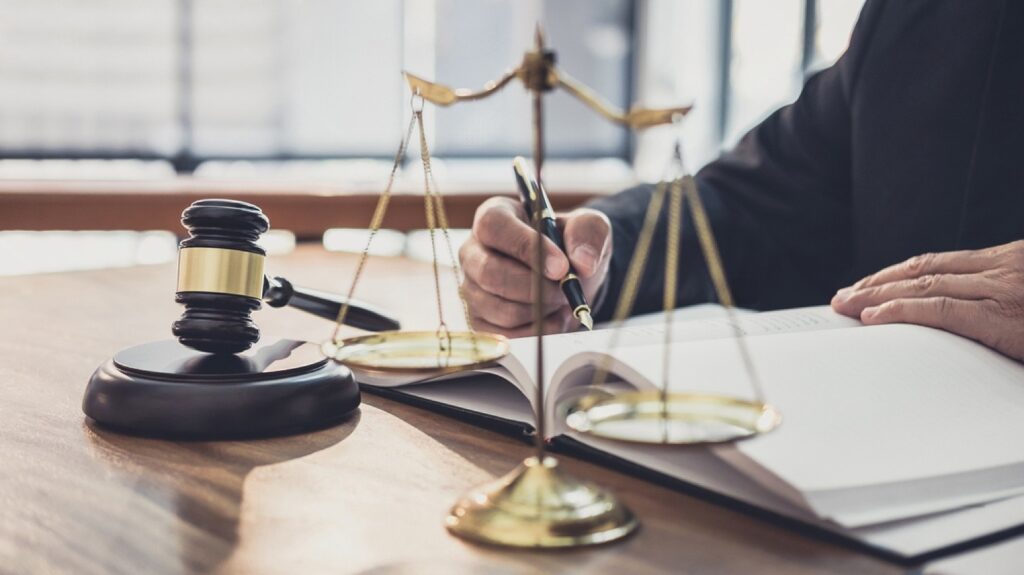Debt collection is a substantial aspect of the commercial environment, particularly in the cosmopolitan commercial hub of the United Arab Emirates (UAE). In 2025, the UAE will still have in place a strong legal framework under UAE company law that aggressively promotes debt collection UAE procedures.
It provides creditors and debtors with well-defined procedures for resolving disputes, collecting outstanding balances, and safeguarding their commercial interests. We discuss here the process of debt recovery, summarize the available legal remedies, and highlight recent developments under UAE company law.
Legal Framework Governing Debt Collection
The collection and servicing of debt in the UAE is largely governed by Federal Law No. 5 of 1985 (Civil Transactions Law); Federal Decree Law No. 50 of 2022 (Commercial Transactions Law); as well as the UAE Civil Procedure Code.
These UAE debt collection laws are the legal basis for the enforcement of obligations under contract, govern the debt collection process, and oversee litigation.
Additionally, the 2016 Federal Decree Law No. 9 (the UAE Bankruptcy Law) is important in respect of bankrupt companies. It allows creditors to follow a proactive path to collect debts through either liquidation or restructuring.
Debt Recovery Methods
UAE businesses seek debt collection primarily via two principal channels: amicable (out-of-court) settlements and litigation.
1- Amicable Settlement
First, creditors attempt to resolve the debt out of court. They will typically begin by making legal warnings and reminders. They then negotiate the repayment terms or the reorganization plans.
Creditors will also employ third-party debt agencies or law firms to help them in the process.
The majority of these efforts work, as long as the creditors support their claims with solid documentation such as contracts, invoices, and evidence of default.
2- Judicial Proceedings
Where amicable resolutions fail, creditors proceed to file a claim before the corresponding civil or commercial court, depending on the nature of the dispute. The process involves presenting a Statement of Claim, serving the defendant through official court procedures, and appearing in court hearings and producing evidence. Finally, the court renders a judgment and collects the debt.
In addition, the UAE offers summary processes for debt claims supported by written evidence (such as dishonored cheques or admitted debts), which can significantly expedite the process.
Companies venturing into debt collection Dubai must walk cautiously through these procedures to strictly follow UAE company law in order to achieve the highest prospects of successful recovery.
Enforcement of Judgments under UAE Company Law
With a court order, creditors are able to enforce the same with the Execution Court. The court is actually given the power to freeze bank accounts, impose travel bans on company directors under specific situations, attach and auction company property, and attach wages or receivables.
Success of the execution is, however, highly reliant on the availability of the debtor’s assets within the UAE. Success with debt collection UAE very much depends on such execution mechanisms to retrieve the money.
Debt Collection and Bankruptcy
According to UAE debt collection laws and UAE company law, when a debtor company defaults on its financial obligations, creditors can file for bankruptcy proceedings. The law gives a choice of tools: preventive composition to tackle matters early on or a court-supervised financial restructuring, as in liquidation.
In which a company’s assets are sold and the proceeds distributed among lenders. Accordingly, creditors need to act quickly and take an active role in the case to avoid their claims being disregarded.
Key Recent Developments in UAE Company Law for 2025
By 2025, the UAE will facilitate the ‘speedy administration of commercial claims’ and will persuade companies to pay on time. Another way in which they have made the recovery of debt easier was by the digitalisation of court procedures and by increasing the level of transparency.
Indeed, more and more, the courts insist on good faith negotiations and alternative dispute resolution (ADR) processes before they will allow extensive litigation, particularly in high-value and sophisticated business disputes.
Moreover, the authorities have recently redrafted the enforcement process to increase the speed with which the assets can be traced, and the resources of the government, MoE, court, and police are better coordinated so that the enforcement actions would be effective.
Conclusion
UAE company law in 2025 provides a robust legal environment for debt recovery. Creditor enforcement is possible, and some avenues in local courts are open with prompt relief if the claims are clear. Once a judgment is obtained, enforcement mechanisms, including asset freezes and travel bans, are now at the ready.
The Bankruptcy Law also provides alternative solutions by way of reorganization or liquidation. The latest reforms – digital court processes, improved coordination of enforcement, and an emphasis on ADR – have fast-tracked debt recovery and streamlined the process. Despite what people think about debt collection in the UAE, the fact, believe me from experience, is that debt recovery in the UAE is basically “executing fast and playing by the rules”.
Having said that, contact Khairallah Advocates & Legal Consultants and benefit from our free 30-min legal consultation.
*Disclaimer: our blogs, law updates, and FAQ’s are freely distributed for educational purposes and to showcase recent updates and regulations in the UAE’s framework.
If you have any questions and need assistance, contact us at our number or book an appointment online.





